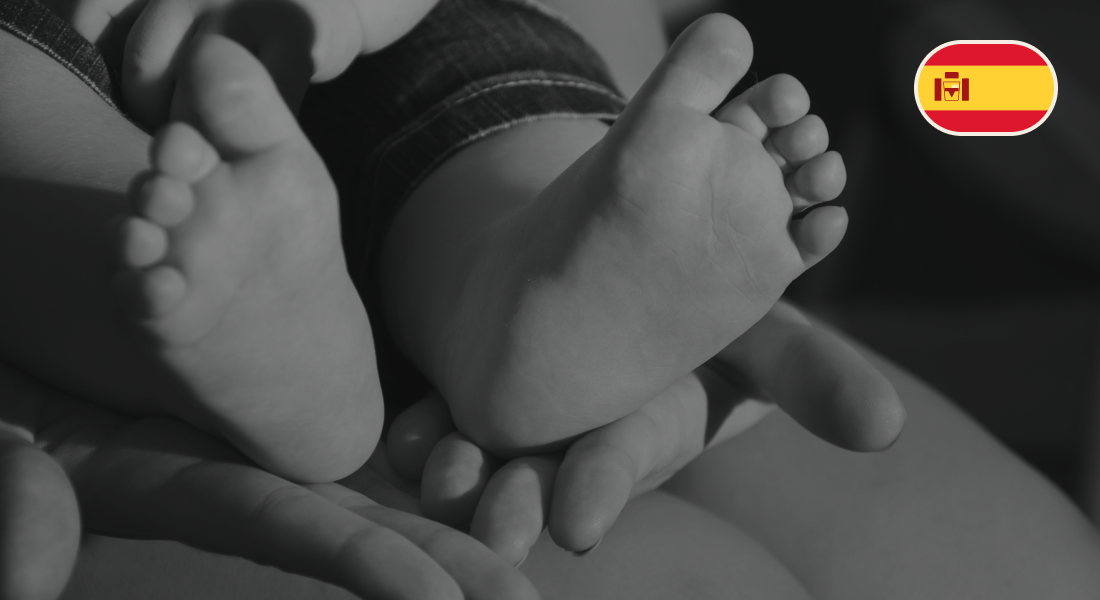From the sun-kissed beaches of the Mediterranean to the architectural marvels dotting its cities like Barcelona and Madrid, Spain is not just a treasure trove for tourists but a land of opportunity for global businesses.
Companies looking to tap into this promising market should make sure to understand how Spain’s local entitlement employment laws, particularly regarding employee benefits, are different than what they may be used to in other countries.
And companies that understand and embrace Spanish culture, such as the importance of siestas, local festivals, and regional customs, are better positioned to build a harmonious and productive work environment.
Whether you're a startup taking your first steps into European or other international markets or a seasoned multinational company expanding your footprint with remote workers in Spain, this guide offers insights into Spain's paid leave framework under Spanish employment law, paving the way for a seamless and respectful entry into the Spanish business arena.
Annual Leave
Holiday Leave
In Spain, the concept of annual leave is quite generous, reflecting the country's value on a healthy work-life balance. Full-time employees in Spain have access to 30 calendar days of paid leave annually (including weekends), which is equivalent to 22 working days of paid time off. The only requirement is that at least one of the holiday breaks should be a continuous 2-week period, providing a well-deserved extended break.
It's important to note that in Spain, converting these leave days into monetary compensation isn't an option, barring special cases or contract termination. For businesses, this translates into a need for proactive leave management to ensure operational continuity while respecting employees' time-off rights.

Public Holidays
In Spain, the cultural and religious backdrop significantly influences its holiday calendar. With a majority of the population identifying as Roman Catholic, many of Spain's public holidays are rooted in Christian traditions.
Employees in Spain receive 14 paid public holidays each year, however, the specific holidays depend on the local municipalities. The country observes 10 main national public holidays, and any additional regional holidays will vary by locality.
- New Year’s Day - January 1
- Epiphany - January 6
- Good Friday - Friday before Easter Sunday
- Labor Day - May 1
- Feast of the Assumption - August 15
- National Day of Spain - October 12
- All Saints Day - November 1
- Constitution Day - December 6
- Immaculate Conception Day - December 8
- Christmas Day - December 25

Sick Leave
In Spain, employees are entitled to sick leave, with pay after 3 days of illness. After the 4th day of sick leave, employees are entitled to 60% of their normal wages, paid by the employer for up to 16 days.
After this period, the benefit increases to 75% of wages and these payments are covered by the Spanish social security system.
In cases of extended illness, employees can receive benefits for up to 365 days, with a possible extension of an additional 180 days. The social security office directly pays these extended benefits, often supplemented by the employer to match the employee's regular salary.
This approach reflects Spain's commitment to ensuring financial support for employees during health-related absences.
Parental Leave
Maternity Leave
Maternity leave laws in Spain are both comprehensive and supportive, ensuring the wellbeing of working parents. Pregnant employees are entitled to 16 weeks of maternity leave, which increases for multiple births or in case of complications that may require hospitalization.
This leave starts immediately after delivery, with the first 6 weeks being obligatory postpartum. The remaining 10 weeks may be taken any time, up to 12 months (one year) after the child is born
Employees retain their salary and job position during this time, and have the right to return to the same or an equivalent role post-leave. Eligibility for maternity benefits hinges on an employee’s social security contributions, with specific conditions varying by age and work history.
Financially, Spanish maternity leave is generally funded by the social security system, covering 100% of the employee's salary up to a set government limit. This policy extends to include essential healthcare benefits, covering necessary medical support and prenatal care.
For employers, understanding and facilitating this leave is crucial, requiring clear communication and efficient management processes to ensure legal compliance and employee support.
Paternity Leave
In Spain, paternity leave policies are progressive and inclusive of partners of any sex, ensuring that both parents can spend crucial time with their newborn. Following the birth of a child, the partner parent is entitled to 2 days of paid leave, along with an additional 13 days of paternity leave.
This leave is extendable by 2 days for each subsequent child. To be eligible for this leave, the parent must have completed 180 days of paid employment in the previous 7 years.
Social security benefits during this period cover 100% of the parent's income, emphasizing the country’s commitment to supporting new families. These inclusive policies extend to LGBT partnerships and adoptive parents, which is a reflection of Spain's progressive stance on family rights and equality.
Additional Types of Leave
Breastfeeding Leave
In Spain, employees on parental leave have the right to breastfeeding leave. This provision allows an employee to take a one-hour break each day or reduce their workday by half an hour to breastfeed their newborn. This leave can be utilized until the child is 9 months old, offering flexibility to parents as they balance their work responsibilities and the needs of their newborn.
Leave for Personal Obligations
Spanish labor laws provide for paid leave for a variety of personal obligations. This includes up to 15 days of leave for an employee’s marriage, 2 days of leave in cases of a death, serious accident, or serious illness of a close family member, or 4 days if travel is necessary. These provisions reflect the country's recognition of the importance of family and personal responsibilities.
Public Duties and Civic Responsibilities
Under the Spanish government laws, employees in Spain are also entitled to paid leave for fulfilling public duties and civic responsibilities. This includes unlimited leave for jury duty and for employees engaged in trade union activities or those acting as workers’ representatives (the duration of this type of leave is determined by collective agreements).
Leave for Guardians of Children with Disabilities
Spain's progressive approach to work-life balance extends to employees who are legal guardians of a child under 12 years with a disability. These employees are entitled to reduced working hours, ranging from 1/8 to 1/2 of their normal hours, without a reduction in pay.
Employ in Spain (the easy way)
By embracing these regulations and integrating them into their operational framework, companies can not only ensure compliance but also build a workplace culture that resonates with the Spanish ethos. In doing so, businesses set themselves up for long-term success in a vibrant and dynamic Spanish market.
For global businesses, navigating these laws requires a deep understanding and expert guidance. Consider partnering with RemoFirst as your Employer of Record (EOR) in Spain to handle your international payroll and HR needs in 180+ countries.
Explore our Spain Country Guide for additional insights on hiring and managing employees in Spain or any other country where you hire employees for remote work. We can handle everything from employment contracts to payroll to health insurance.
Information updated on May 1, 2024.





















